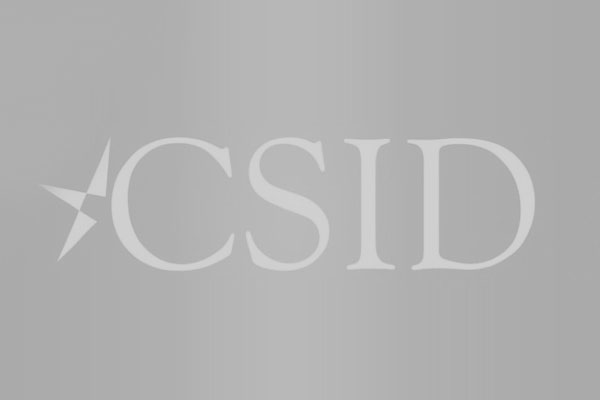
The Center for the Study of Islam and Democracy (CSID) in cooperation with the Institute of Islamization of Knowledge (IMAM) of Gezira University held a conference on “Shari’ahand Ijtihad: The Sudanese Experience” in the Sudanese capital Khartoum from the 19th -21st of April 2004. The conference was co-sponsored by the International Forum for Islamic Dialogue (IFID) of the United Kingdom.
The conference was inaugurated by President Omar Al Bashir, Minister of Higher Education Mubarak Mohammed Ali Majzoub, Gezira University President Isma‘il Hasan Husain, CSID President Radwan Masmoudi and IFID Director Najah Kadhim. It was attended by a large cross section of Sudanese political life, with a guest list of in excess of three hundred that included ministers, diplomats, political leaders and media representatives.
More than 60 political, religious and NGO leaders participated in the conference. More than 10 international participants attended the conference, among them:
- Prof. Abdulaziz Sachedina, University of Virginia
- Prof. Abdulmajid Al Najjar, France
- Prof. Muhammad Abulqasim Haj-Hamad
- Prof. Deina Abdelkader, Tufts University
- Prof. Muhammad Habash, University of Damascus, Syria.
Among the Sudanese scholars were:
- Prof. Hasan Makki, Dean, Institute of African Studies and Research, Africa International University
- Prof. Muhammad Majdub
- Prof. Muhammad Salih, Nilayn University
- Professor Zakaria Bashir the renowned philosopher,
- Mawlana Dafallah Alhajj Yusuf
The conference lasted three days:
- Day One (Monday, April 19, 2004)
Topics:- “What is Shari’ah?”
- “Ijtihad [independent reasoning and interpretation] and tajdid [renewal]”
- “The Role of Ijtihad and Tajdid in the Social Reform”
- “The Challenges of the Application of Shari’ah in Sudan”
- Day Two (Tuesday, April 20, 2004)
Theme: “The Sudanese Experience in Shari’ah Rule”.
Topics:- “The General Framework of Shari’ah Rule: The General Framework”
- “The Right of Minorities”
- “Democracy and Political Pluralism”
- “The Position of Women”
- Day Three (Wednesday, April 21, 2004)
Parallel Workshops:- “Good Governance”
- “Economics and Finance”
- “Women Rights”
- “Minority Rights”
- “Justice and Punishment”
The five workshop groups worked independently for four hours and came out with their recommendations. The reporters of the groups met together to streamline the final recommendations of the conference which were read to the conferees in the final and concluding session.
Among the highlights of the recommendations:
- That Islam emphasizes the universal values of: Freedom, justice, tolerance, the preservation of the dignity of the human being in all the spheres of his life: the political, the economical, the legal, and the rights of women and minorities.
- That Islam is the property of all and not the property of a certain group or political party, and that it guarantees the freedom of expression to everyone in all matters of faith and politics without hegemony, control by accepting the peaceful transition of power by means of free and fair elections.
- Emphasizing the the rule of law in seeking justice in the penal code and balancing the rights of the individual vis-a-vis the rights of society.
- Emphasizing the need for Ijtihad in the issues of punishment, and that there should be an open area in the rereading of the understanding of the religious texts.
- Emphasizing the separation of powers: The Executive, the legislative and the Judiciary.
Recognizing exclusion of the southern states from the application of shari’ah laws.
Click here to see all recommendations from the Sudan Conference (PDF).
IMAM, CSID’s local partner, and its Professor Muhammad Al Hasan Biraim were instrumental in making the conference a success.
Many more photos from the trip are available on an online photo album set up by CSID staff member Zahir Janmohamed.

